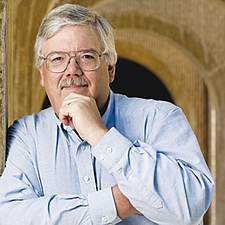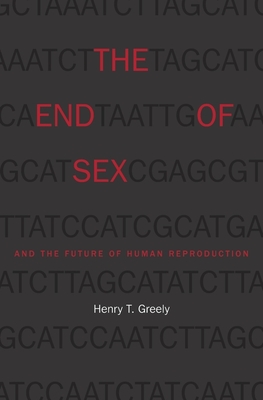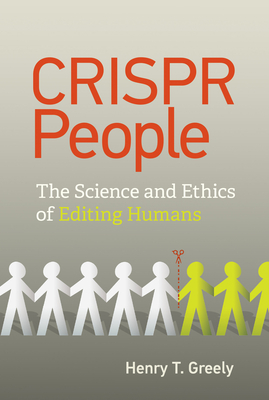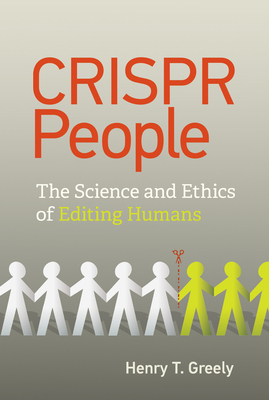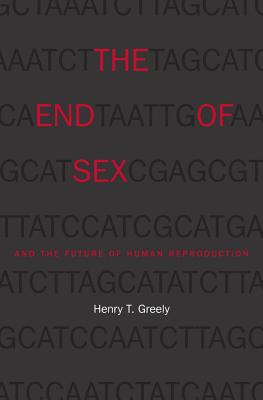
The End of Sex and the Future of Human Reproduction
Interview with Henry T Greely
March 7, 2017Sign Up to listen to full interview.
About Henry T Greely
Henry T. (Hank) Greely (BA ’74) specializes in the ethical, legal, and social implications of new biomedical technologies, particularly those related to genetics, assisted reproduction, neuroscience, or stem cell research.
He is a founder and immediate past president of the International Neuroethics Society; a member of the Multi-Council Working Group of the NIH’s BRAIN Initiative, whose Neuroethics Working Group he co-chairs; chair of the Ethical, Legal, and Social Issues Committee of the Earth BioGenome Project; and chair of California’s Human Stem Cell Research Advisory Committee.
He served as a member of the Committee on Science, Technology, and Law of the National Academies from 2013-2019; Neuroscience Forum of the Institute of Medicine from 2012-2019; as a member of the Advisory Council of the NIH’s National Institute for General Medical Sciences from 2013-2016; and from 2007-2010 as co-director of the Law and Neuroscience Project, funded by the MacArthur Foundation. Professor Greely chairs the steering committee for the Stanford Center for Biomedical Ethics and directs both the law school’s Center for Law and the Biosciences and the Stanford Program in Neuroscience and Society.
Greely is also a professor (by courtesy) of genetics at Stanford School of Medicine. In 2007 Professor Greely was elected a fellow of the American Association for the Advancement of Science, received Stanford University’s Richard W. Lyman Award in 2013, and the Stanford Prize in Population Genetics and Society in 2017. He published The End of Sex and the Future of Human Reproduction in 2016. His next book, CRISPR People: The Science and Ethics of Editing Humans, will be published in February 2021.
Before joining the Stanford Law School faculty in 1985, Greely was a partner at Tuttle & Taylor, served as a staff assistant to the secretary of the U.S. Department of Energy, and as special assistant to the general counsel of the U.S. Department of Defense. He served as a law clerk to Justice Potter Stewart of the U.S. Supreme Court and to Judge John Minor Wisdom of the Court of Appeals for the Fifth Circuit.
- Education
BA Stanford University 1974
JD Yale Law School 1977
Source: Stanford University
Interview Summary
Sexless reproduction, once the talk of science fiction is likely to become a reality in the next three to four decades. With the advances in genetic and bioscience, prospective parents will be able to select from the hundreds or thousands the most favorable embryo and improve the genetic outcome of their children.
In an interview with Readara, Henry T. Greely reviews how far genetic science has advanced and where it is likely to head in the near future. Greely, a scientist and a law expert, offers a lucid overview of stem cell research and lays out a clear possibility that scientists are only one or two steps away from generating sperms or eggs from skin cells.
In the book, Greely attempts to glimpse in the near future and tackles not only the scientific advances but also looks at how they will be adopted, how society will adjust to parental choices and adapt to new definition of family.
Key Topics
- How are the latest developments in stem cell research likely to affect human reproduction?
- How is genetic selection different from cloning or from designer babies?
- What kind of genetic information of embryos will be available?
- Will sexless reproduction be available to anyone and everyone?
- How are new technologies likely to improve in vitro fertilization and preimplantation genetic diagnosis?
- How will families, communities and lawmakers adjust to the new realities of offspring choices?
- What role will science play in deciding the makeup of our children’s health, abilities and looks?
